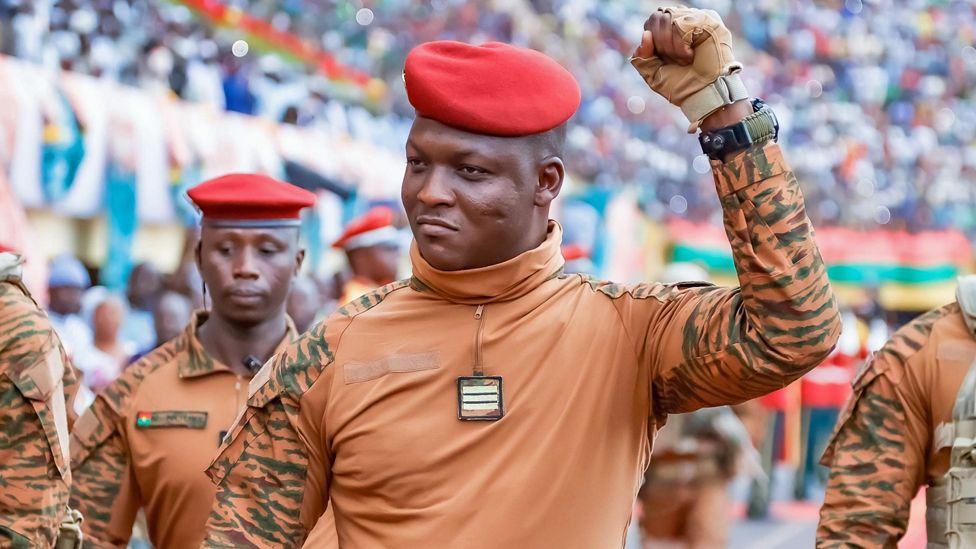- Leadership is not about age, status, or power. It’s about service. And sometimes, looking across borders can help us see what’s possible within our own.
In the West African nation of Burkina Faso, a young leader has emerged and is capturing the attention of many across the continent.
Captain Ibrahim Traoré, who took office in 2022 at the age of 34, is not only one of the youngest heads of state in Africa, but also a figure who has chosen to lead with simplicity, humility, and a bold sense of national pride.
His leadership style has sparked conversations far beyond his country’s borders—including here in Kenya.
Traoré’s approach to governance is notably people-centered. He has declined many of the privileges often associated with leadership, chosen to reduce government luxuries, and consistently emphasized the importance of putting the interests of citizens first.
Whether one agrees with how he came to power or not, his actions have struck a chord, especially among young Africans yearning for leadership that feels sincere and grounded.
In Kenya, the challenges we face are complex: rising living costs, unemployment, a growing public debt, and concerns around governance. These issues affect everyday citizens in real ways.
Understandably, Kenyans look to their leaders not just for policy solutions, but also for examples of responsible, empathetic leadership.
That is where Traoré’s example becomes relevant—not as a comparison of systems, but as an invitation to reflect. His leadership reminds us that humility, sacrifice, and national service are not outdated ideals but powerful tools for building public trust.
A leader choosing modest transportation, reducing state expenditure, or prioritizing homegrown solutions may seem like a small gesture, but it sends a strong message: "I’m with the people."
While Kenya enjoys the strengths of a functioning democracy and a relatively stable political system, there’s always room for improvement. Listening more, spending public resources wisely, involving youth meaningfully, and showing up in ways that reflect shared struggles—these are all areas where inspiration can be drawn from leaders like Traoré.
It's important to acknowledge that Kenya and Burkina Faso operate under different political and historical contexts. No leader or system is perfect. But across Africa, a new generation is emerging—one that values authenticity, action, and accountability.
Leadership models that resonate with the public are those that embody these values, regardless of the country.
Kenyan leaders have an opportunity not just to maintain the status quo but to evolve with the aspirations of the people. Traoré’s example offers more than a critique—it offers a challenge to reimagine what public service can look like in the 21st century.
In the end, leadership is not about age, status, or power. It’s about service. And sometimes, looking across borders can help us see what’s possible within our own.
